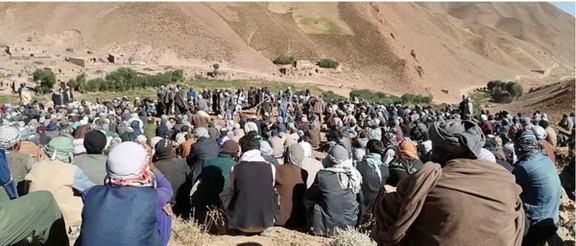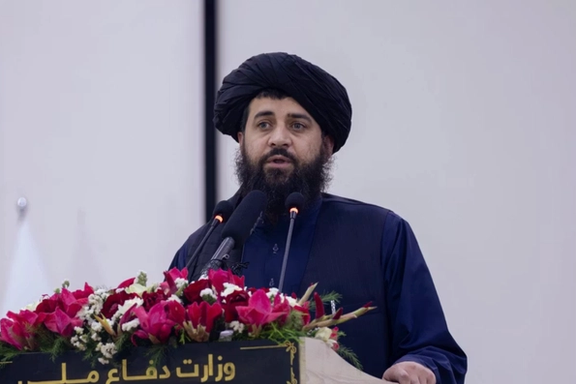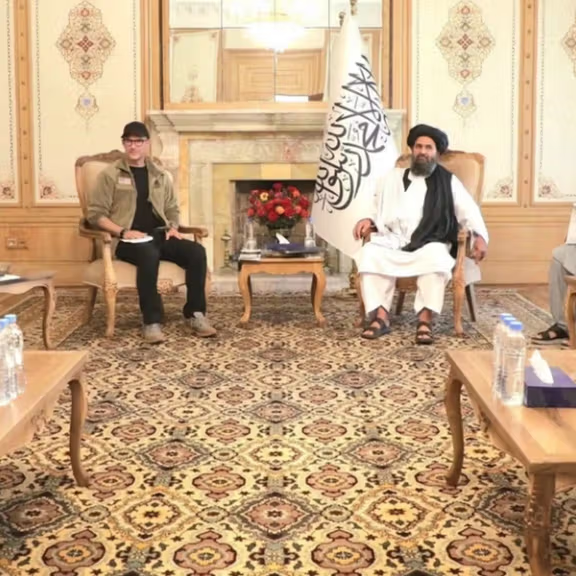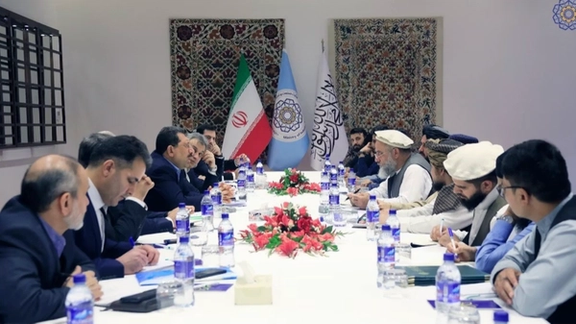The sources said Akhundzada insists that his loyal representatives must attend all meetings between Taliban officials and foreign envoys. His dissatisfaction grew after Baradar’s 16 September meeting in Kabul with Adam Boehler, the US president’s special envoy for hostage affairs, according to sources in Kabul and Kandahar.
One source in Kandahar questioned why the US delegation met Baradar instead of Taliban Prime Minister Mullah Hassan Akhund.
Akhundzada has reportedly instructed that senior figures including the ministers of Hajj and Religious Affairs, Mines, Justice, or Higher Education, the chief justice, the governors of Kandahar or Balkh, or the prime minister must participate in any talks with foreign officials. All are expected to follow his directives fully.
Several Taliban ministers, including Mines and Petroleum Minister Hedayatullah Badri, the ministers of finance and economy, Deputy Interior Minister Ibrahim Sadr, and the Taliban-appointed central bank chief, later travelled to Kandahar to deliver the US delegation’s message on American prisoners.
At the Kabul meeting, Boehler told Baradar that both sides had adhered to the Doha Agreement. Baradar briefed the Americans on Afghanistan’s economic conditions, unemployment, and efforts to combat narcotics, and urged Washington to pursue engagement rather than confrontation. Baradar’s office said Boehler confirmed that Washington and the Taliban would exchange prisoners.
But sources said Akhundzada views the talks between Baradar and other Taliban officials with Boehler and former US envoy Zalmay Khalilzad as unauthorized. He has accused some officials of disobedience.
“He removed Khairullah Khairkhwa from the Ministry of Information and Culture for failing to fully carry out his instructions,” one source said. “He is now looking for an excuse to sideline Baradar as well and may reassign him to another post.”
The Taliban has not issued an official comment.






